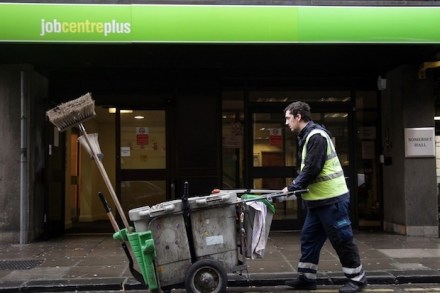Labour tries to calm row on welfare reform
Labour is trying to clarify its position on welfare reform ahead of tonight’s PLP meeting. Sources say that the party will abstain on the ‘broad brush’ of the Welfare Reform Bill, though it is not yet clear whether the abstention will be on a three-line whip, given a good number of MPs do want to turn up and vote against the legislation. The abstention will be at the Second Reading of the Bill, but as Harman has already pointed out, the Committee stages come once the new leader has been elected, and so the party may take stronger positions on more issues. ‘Is that a matter for the new leader?




















